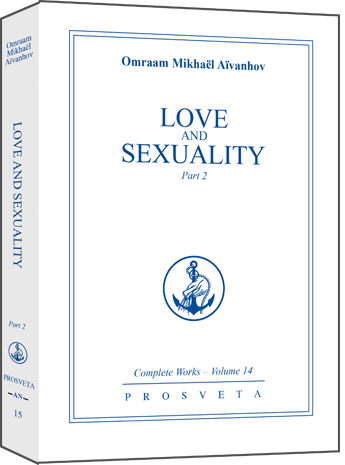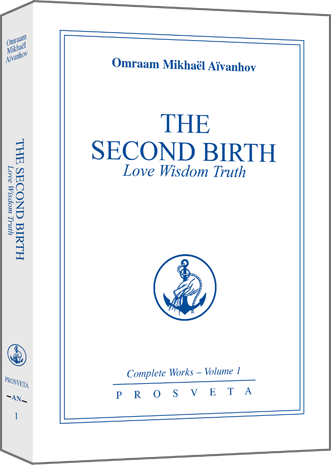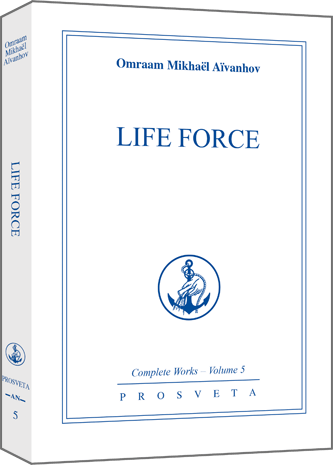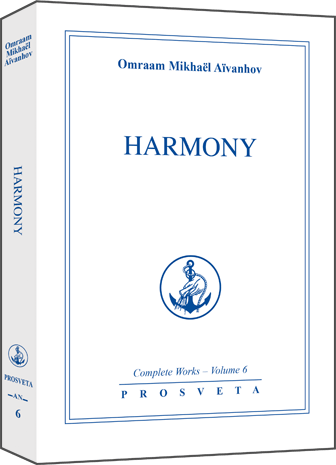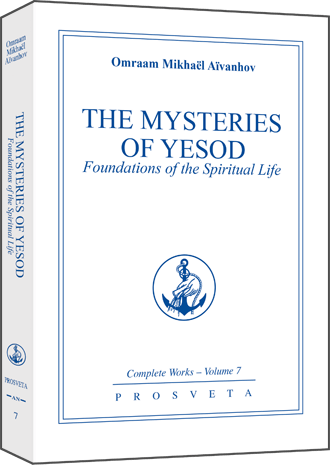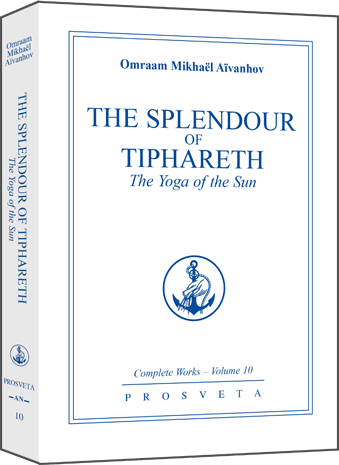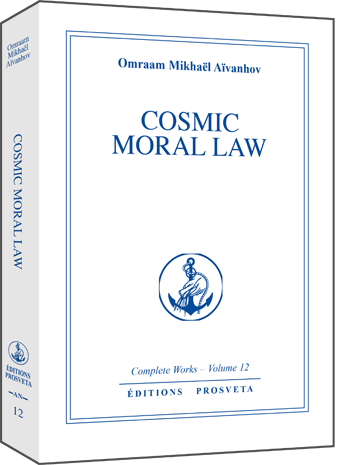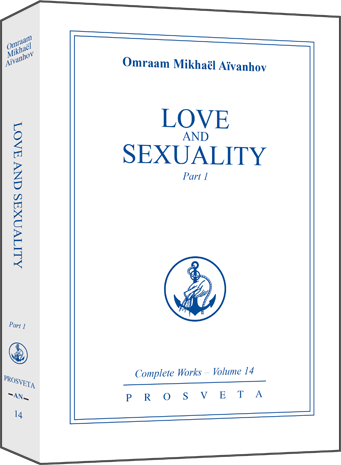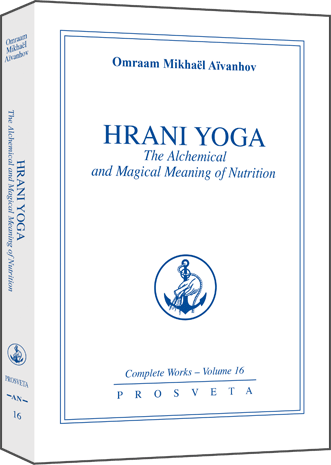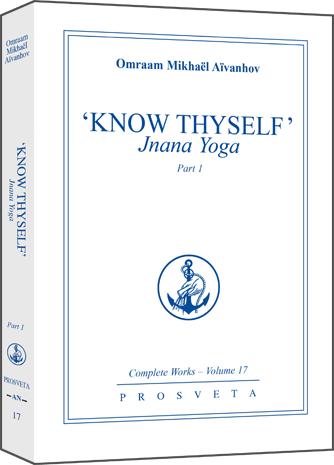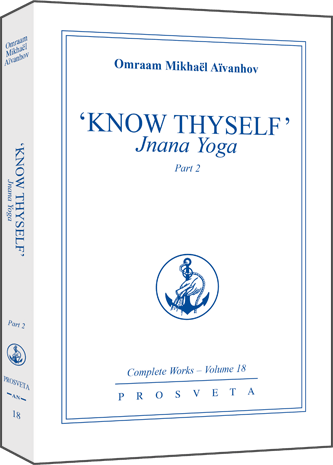Love and Sexuality - Part 2
'There are several possible attitudes towards love. You can eat it, you can drink it, and you can breathe it, but you can also live in it. Those who eat love remain on the physical plane and are never fully satisfied because they are content with pleasures of a lower order. The pleasures of those who drink love are less crude, but they are still confined to the delights and satisfactions of the astral plane. The philosophers, writers and artists who have managed to reach the mental plane are those who breathe love; love is the constant source of their inspiration. Only those who live in love, in the subtle, etheric dimension of love, truly possess it. For them it is light in the mind and warmth in the heart and they can pour out that light and warmth on those around them. Those who live in this love possess all fulness.'
1 - A Question of Attitude
2 - True Marriage
3 - The Sun is the Source of Love
4 - The Goal of Love is Light
5 - The Manifestations of the Masculine and Feminine Principles
6 - Master or Mistress?
7 - Vestal Virgins; the New Eve
8 - Materialism, Idealism and Sexuality - ‘On Earth as in Heaven’
9 - Heart and Mind; the Universal White Brotherhood
10 - Seek the Soul and the Spirit
11 - Restoring Love to its Pristine Purity
12 - Love Transforms Matter
13 - Love and Identification
14 - The Task of a Disciple
15 - Open Yourself to Others and They Will Love You
16 - Tantra-Yoga
17 - Emptiness and Fullness: the Holy Grail
18 - Love is Everywhere
19 - Look for Love at its Source
20 - Know How to Use Your Powers of Love
21 - A Broader Concept of Marriage, Part IV
22 - It Rises from Earth and Descends from Heaven
23 - The Secret of Happiness is in an Expanded Consciousness
24 - ‘Whatever you Bind on Earth’
25 - Love God so as to Love Your Neighbour Better
26 - Live Lovingly
27 - Our Only Weapons: Love and Light
28 - Never Stop Loving
29 - Towards a Broader Concept of the Family
2 - True Marriage
3 - The Sun is the Source of Love
4 - The Goal of Love is Light
5 - The Manifestations of the Masculine and Feminine Principles
6 - Master or Mistress?
7 - Vestal Virgins; the New Eve
8 - Materialism, Idealism and Sexuality - ‘On Earth as in Heaven’
9 - Heart and Mind; the Universal White Brotherhood
10 - Seek the Soul and the Spirit
11 - Restoring Love to its Pristine Purity
12 - Love Transforms Matter
13 - Love and Identification
14 - The Task of a Disciple
15 - Open Yourself to Others and They Will Love You
16 - Tantra-Yoga
17 - Emptiness and Fullness: the Holy Grail
18 - Love is Everywhere
19 - Look for Love at its Source
20 - Know How to Use Your Powers of Love
21 - A Broader Concept of Marriage, Part IV
22 - It Rises from Earth and Descends from Heaven
23 - The Secret of Happiness is in an Expanded Consciousness
24 - ‘Whatever you Bind on Earth’
25 - Love God so as to Love Your Neighbour Better
26 - Live Lovingly
27 - Our Only Weapons: Love and Light
28 - Never Stop Loving
29 - Towards a Broader Concept of the Family
